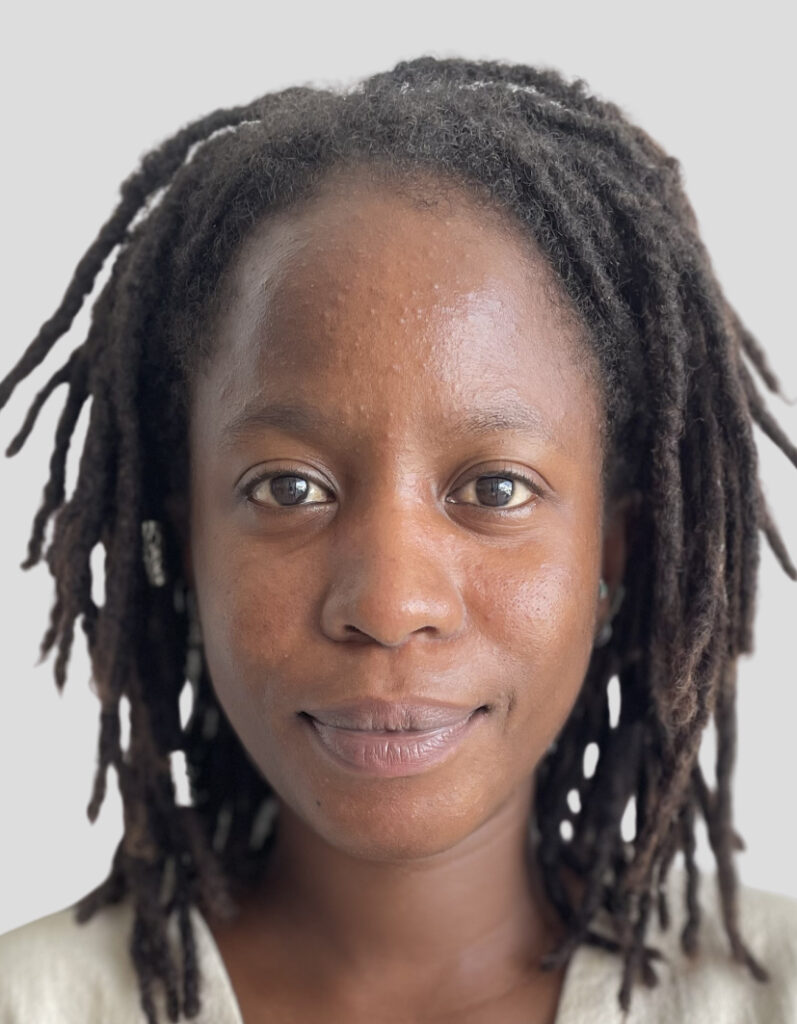Ishola Akpo is a visual artist from Benin whose multidisciplinary practice explores themes of heritage, memory, and identity through photography, installation, and archival interventions. Deeply rooted in personal and collective histories, Akpo’s work investigates the layered narratives of West African ancestry, gender roles, and social tradition, often refracted through his own familial lineage.
Merging documentary sensibility with poetic reconstruction, Akpo reimagines historical and domestic archives as sites of both remembrance and resistance. His carefully staged compositions and material assemblages examine the performative dimensions of identity and the subtle gestures that carry cultural meaning across generations.
With a practice that traverses the boundaries between image-making and storytelling, Akpo’s work reflects on the evolving role of tradition in contemporary African societies. Through acts of visual reclamation and reinterpretation, he creates spaces where forgotten or overlooked voices can be reactivated, and where beauty and resilience emerge from historical complexity.
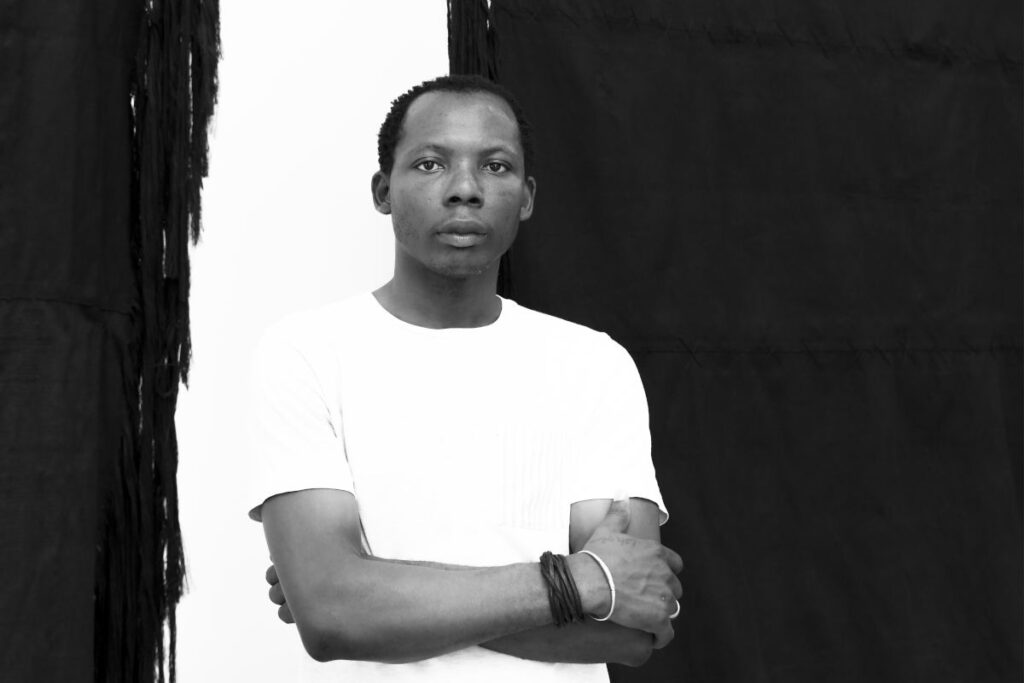
Gopal Dagnogo is a Franco-Ivorian visual artist whose large-scale paintings explore the entangled legacies of colonialism, cultural memory, and contemporary absurdity. Drawing on his personal trajectory between Côte d’Ivoire and France, Dagnogo constructs densely layered compositions where figuration, symbolism, and satire collide.
His canvases are charged with a vivid visual vocabulary—domestic utensils, consumer goods, animal forms, and historical references—arranged in dissonant landscapes that mirror the fragmentation of postcolonial identity. Through this accumulation of signs, Dagnogo critiques systems of power, cultural stereotypes, and the commodification of everyday life, while also invoking a sense of poetic resistance.
Working with vibrant color fields, gestural brushwork, and recurring motifs, his practice operates at the intersection of narrative painting and visual anthropology. Dagnogo’s work does not offer linear interpretations but invites viewers into a layered space where personal and collective histories are continuously re-examined and reimagined.
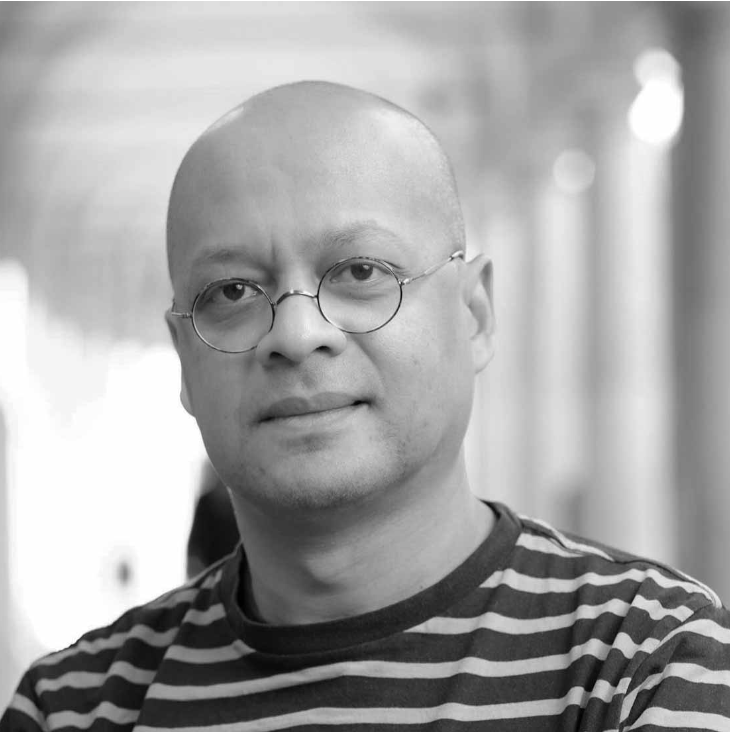
Baye Ndiaga Diouf is a Senegalese visual artist whose multidisciplinary practice draws from the rhythms, symbols, and cosmologies of the Sahel to explore questions of transmission, identity, and belonging. Working across painting, drawing, textile, and installation, Diouf constructs layered visual narratives that weave together ancestral memory, oral histories, and contemporary experience.
Rooted in the cultural traditions of the Serer people and informed by a deep sensitivity to place, his work meditates on the gestures, rituals, and materials that carry meaning across time. Earth pigments, natural fibers, and found objects often feature in his compositions, reflecting a philosophy of making that is both spiritual and grounded in everyday life.
Diouf’s practice engages with the notion of knowledge as something living and embodied—passed not only through language but through craft, repetition, and presence. His works become spaces of quiet resistance, where local epistemologies are affirmed and reactivated in the face of modern ruptures.
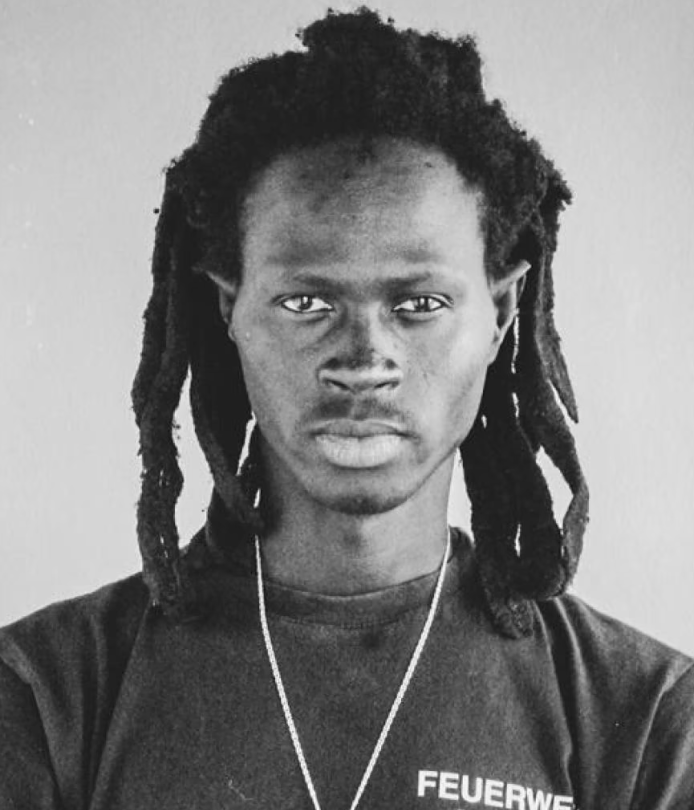
Hassan Issah is a Ghanaian multidisciplinary artist whose practice navigates the spiritual, ancestral, and metaphysical dimensions of contemporary African identity. Rooted in the symbolic systems and ritual traditions of his heritage, Issah weaves together painting, sculpture, installation, and performance to evoke a space where the sacred and the everyday converge.
His work often incorporates organic materials—earth, cloth, pigments, wood—serving both as medium and metaphor in a broader inquiry into transformation, resilience, and healing. Through layered compositions and immersive environments, Issah explores the transmission of ancestral memory and the ongoing dialogue between tradition and modernity.
Guided by a deep engagement with African cosmologies and systems of belief, his visual language invites contemplation and presence. Each work becomes a vessel—ritualistic, reflective, and open-ended—through which cultural continuity and inner awakening are tenderly summoned.
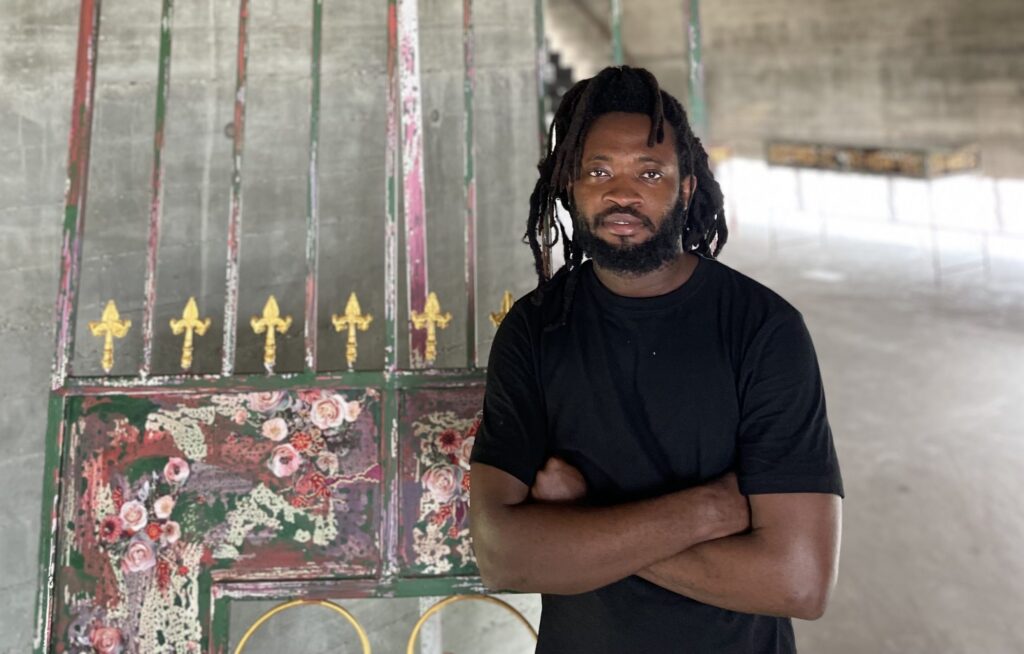
Selome Muleta is an Ethiopian visual artist whose practice centers on the emotional and psychological landscapes of women, articulated through richly layered paintings that merge figuration, abstraction, and ornament. Grounded in her own lived experience and shaped by the socio-cultural dynamics of Ethiopia, her work reflects a quiet yet profound investigation into inner worlds.
Muleta often portrays solitary female figures immersed in domestic, contemplative spaces—environments filled with symbolic objects, textiles, and patterns that serve as extensions of memory, identity, and emotional states. Her compositions are marked by vibrant color palettes, soft distortions of space, and a delicate tension between presence and introspection.
Navigating themes such as self-reflection, resilience, intimacy, and the politics of visibility, Muleta constructs visual narratives that celebrate the depth and complexity of womanhood. Her work resists spectacle, favoring a poetics of stillness where psychological nuance and aesthetic richness unfold in tandem.
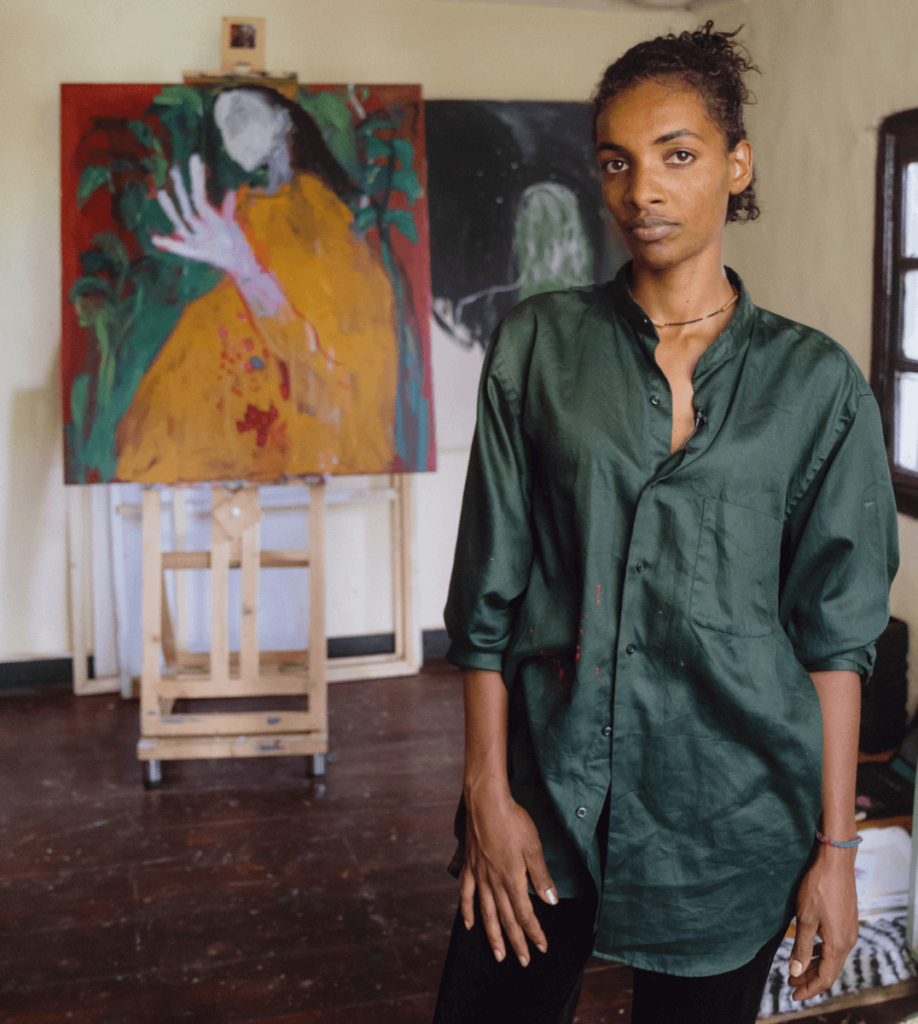
Fatim Soumaré is a multidisciplinary artist and textile craftswoman based in the Sine Saloum region of Senegal. Her work is rooted in vernacular knowledge systems and traditional West African textile practices, which she first encountered through her mother, a traditional dyer. Fatim’s artistic language weaves together woven sculpture, installation, video, and performance to explore themes of memory, transmission, identity, and ecological consciousness.
Her practice centers on the cultural, spiritual, and technical dimensions of cotton as a living material — tracing its domestication, ritual significance, and political history across precolonial, colonial, and postcolonial contexts. By working closely with women artisans and rural communities, she engages in a collaborative and immersive process that values oral knowledge, gesture, and intergenerational transmission.
Fatim’s installations and performances often take form as participatory rituals, creating spaces where ancestral knowledge is activated, preserved, and reimagined. In 2021, she founded Falé, a collective of craftswomen and a laboratory for cotton-based experimentation, which supports her broader research into textile cultures across Africa.
Her work has been exhibited at IFAN Dakar, the Wellbeing Summit in Thiès, La Galerie 19M in Paris, the Intercultural Museum in Oslo, the Dakar Biennale (2024), and in rural exhibition spaces co-created with her community.
